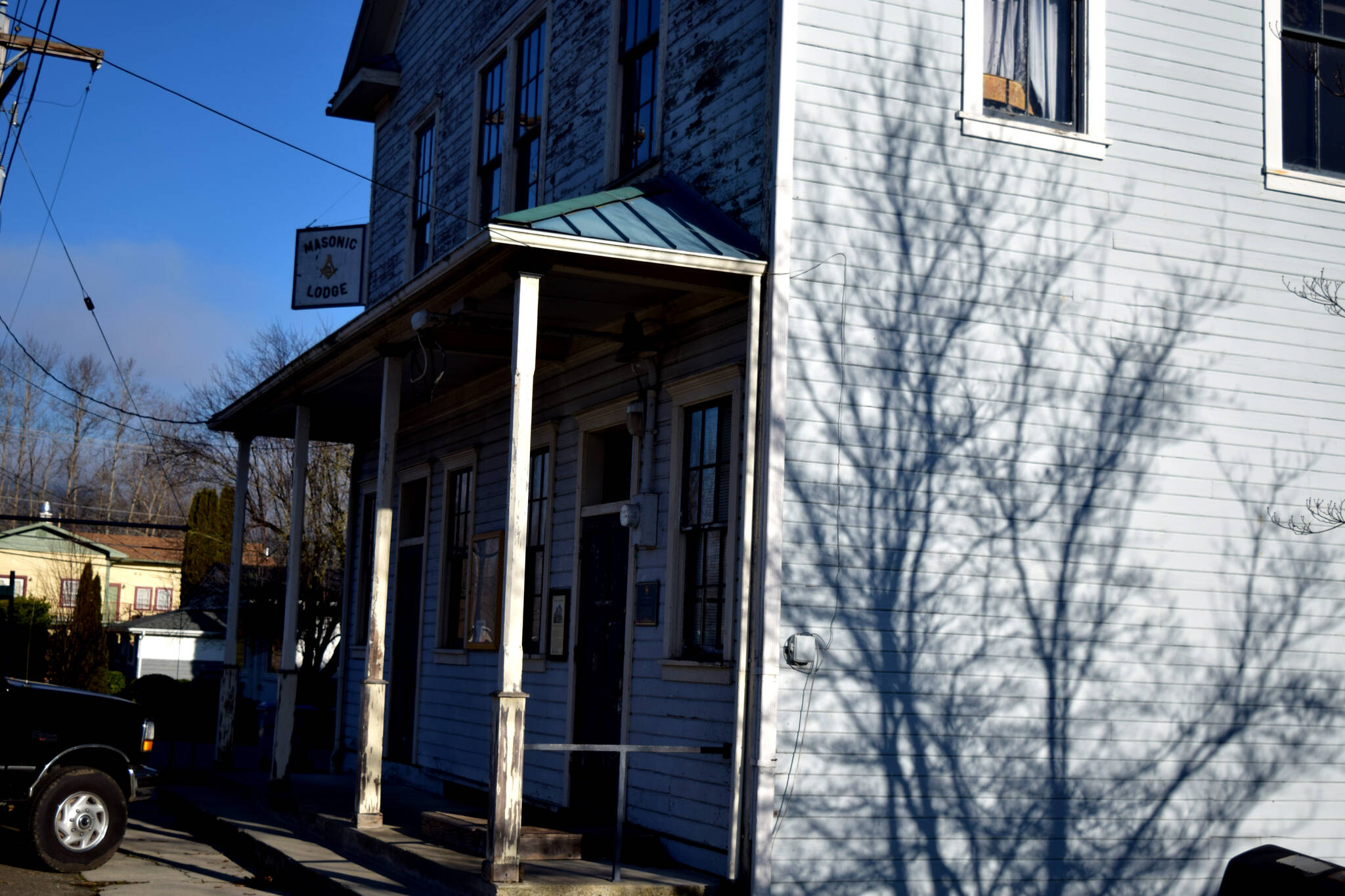Funding has been approved to begin exploring what it would take to open a community center in Fall City, following the adoption of King County’s biennial budget late last year.
The $16.2 billion King County 2023-2025 Biennial Budget, passed by the county council in November, includes a $500,000 grant that will be used to study the feasibility of bringing a community center to Fall City.
There has been a longstanding desire for a community center in town, said Angela Donaldson, former president of the Fall City Community Association, noting that residents have been discussing it for decades.
“This is a win for Fall City and we’re looking forward to identifying activities and services the community finds the most important,” she said.
A community center could support a range of uses, including community meeting spaces, before and after school care, daytime programming for seniors, and serving as a heating and warming shelter.
Donaldson said the desire for a community center was determined through several methods over the past few years, including a recent community survey. It was also named as a high priority item by the Fall City Subarea Committee, a group that looked at long-range land-use planning in Fall City.
In a November letter to the King County Department of Local Services, the 10-member subarea committee wrote that Fall City would benefit from additional gathering spaces.
“While the community has some community meeting spaces,” the letter said, “they are limited, with many requiring a fee for usage. The Fall City community recommends addressing the needs for a community center and capital funding for this project.”
Using that support, King County Councilmember Sarah Perry, whose district includes the Snoqualmie Valley and greater Eastside, secured funding for the center in the county budget.
“I’m excited to be working with the Fall City Community Association and parks district,” Perry said in an interview. “I’m very interested in helping to make sure that our unincorporated areas are thriving from a community standpoint and this is one element of that.”
While the time frame on a new center is unclear, funding provided by the county council is expected to allow either King County Parks Department or a local party to examine the feasibility of a new center and look for a possible partner location.
Doug Williams, a spokesperson for the county parks department, said they did not have any information to share, noting the project is still in the conceptual stages.
Due to space constraints in Fall City, plans for a new community center would likely involve partnering with an existing building, rather than building a new structure, Donaldson said. Possible locations include the Masonic Lodge, Reign Church and the clubhouse at Two Rivers Golf Course.
Donaldson said a project manager is expected to be assigned to oversee the project within the next year or two. Fall City residents are also in the process of forming its own committee and are seeking volunteers to facilitate the project from a local level, she said.
“We’re asking for volunteers to work inside the community, alongside the county project manager,” Donaldson said. “We feel we can do better by helping guide the process rather than being passive.”
Currently, Perry said, negotiations are about whether the feasibility study will be run by the county, local parks district or Fall City Community Association.
The King County Parks Department has largely divested itself of running community centers in wake of the 2008 recession because of their high operating costs, said John Taylor, director of the Department of Local Services, noting the department is still trying to figure out how it provides funding to meet that need.
“Their position since [the recession], in the intervening decade-plus, has been that we are not in the business of running community centers,” Taylor told members of the FCCA. “That is despite a lot of interest from communities in unincorporated King County.”
Editor’s note: This story has been updated to add additional information.


